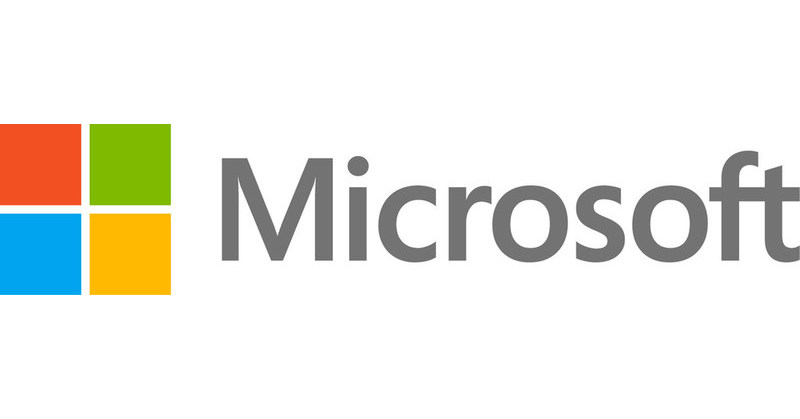The platform generates a 30% revenue from all products sold on it's platform, that distributes the wins and losses fairly well. From a selection point of view, platforms are not necessarily looking to belt out hits every single year, as much as they are looking to round out gaps in their libraries, in particular differentiators in their content library is the biggest draw to attracting those to their console. See Sony and Nintendo.Furthermore, if these publishers can't operate profitably on their own, what enables them to operate effectively under the umbrella of a platform holder? It used to be that publishers didn't run trillions of studios but published other developers' titles. The problem perhaps is one of all these companies becoming too big. Break them down into smaller 'investment' firms that back developers, with a handful of elite, trustworthy internal studios that can be relied upon to produce profitable titles, and maybe they won't all be keeling over and dying from being unsustainably large?
That would imply that relentless growth as the end-game to all business is not a good idea though...
With ABK it needs to release COD every single year, to meet profit goals, it's ability to take on risk is significantly less. The issue with ABK is that all their eggs are largely into a single basket, and if that egg is done, a large risk as annual releases are susceptible to buyer burnout, then they have no where to pivot before drastic measures are required. We have a recent trend of remaking older popular IPs, we're actually seeing it across the board. The market with money 30-50s, are basically still being catered in all forms of media, from movies, TV, to games.
Now that COD has just remade their peak IPs, where do they realistically go from here? (Thus I still scoff at this idea that COD, or any game for that matter, can be considered a critical input to the success of any platform, the idea of a must have system seller left with the x360/ps3 days as far as I can see)
The challenge for publishers today is that they take 3-4 years to develop these titles and spend hundreds of millions to do it. And if it flops, they don't recover much revenue, and then they have to rinse and repeat again another 3-4 years before they have another chance to turn a profit while spending hundreds of millions to do it, that is 8 years of burning through cash with no incoming revenue. On a side note, I suspect this is a large reason why game studios are more than happy to put their games on Game Pass, or PS+ or Live, or streaming services, they still require revenue after the bulk of the front loaded sales are done. Back on topic, if the second title doesn't make up the loss for the first title, you're in a weird situation where you've technically not recovered, and if you're in a spiral of decreasing profits, then the situation is looking tough. You can risk to make a new IP, but new IPs can quick FLOP in this environment, especially as a third party. Platform holder exclusives are usually provided significant coverage and a population to play them because exclusives are the reason you choose 1 platform over the other.
So I don't think I covered it all, nor do I think I covered it well. But these are some reasons I think we're seeing a recent change in the business models in the 3rd party space, falling back into content creation games. Falling back to AA sized games. Smaller shorter titles. Smaller more linear titles. Live games, or GAAS. Battlepasses and MTX riddled titles. We're seeing a fall off of custom engines. The rise of the indie scene. The rise of free 2 play. There is an all new generation of gamers that grew up with Minecraft and they have a very different opinion of what gaming is compared to what we grew up with - how games change with them is an interesting thing to discuss. What happens when you get older but grew up playing Minecraft. What type of game fits that itch but looks graphically superior and is adult themed. I dunno, but I'm curious to find out. No Mans Sky maybe, stuff like that, shrug.
The Boom/Bust environment was never sustainable to begin with. We probably lost a lot of studios to an archaic model before these new models were introduced. In the golden age of PC gaming, we had a lot of one hit wonders, if you know what I mean. Just absolute classic and amazing titles that never found a sequel because the studio died shortly after.
As much as I see our graphics take a step forward, in a very saturated game market, for the whole industry imo to be lifted and be profitable, the player base needs to expand significantly larger than it is today. The need to move AAA games to mobile is the next obvious step. Instead of studios and publishers and platforms fighting over the size of the slice of the pie, it's time to increase the size of the pie.
Last edited:


